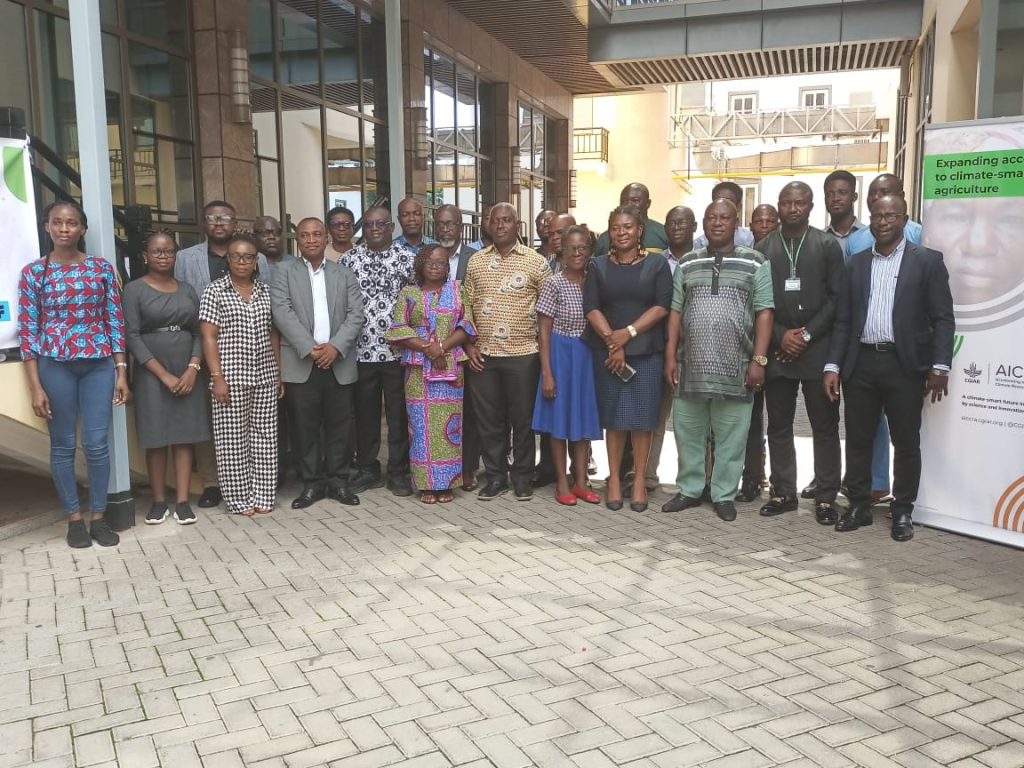Accra, Nov. 13, GNA – The Plant Protection and Regulatory Services Directorate (PPRSD) of the Ministry of Food and Agriculture (MoFA) in collaboration with the International Institute of Tropical Agriculture (IITA) and partner institutions have signed an agreement to collectively combat climate-driven pests and diseases.
The institutions have developed Ghana’s Early Warning and Rapid Response System for Pests and Diseases (EWRRS-PD) as part of IITA’s “Accelerating Impacts of CGIAR Climate Research for Africa” (AICCRA) project to offer collaborative and climate-smart response to the problem.
The System is expected to boost Ghana’s preparedness through early detection of pests and diseases and foster effective collaboration and information sharing among institutions to increase yields and enhance food security.
The agreement was signed at workshop in Accra to validate the EWRRS-PD by partner institutions.
The implementing institutions of the project are PPRSD, Biotechnology and Nuclear Research Institute (BNARI), Crops Research Institute of Council for Scientific and Industrial Research, Farmerline, National Disaster Management Organisation, Environmental Protection Agency, University of Development Studies, Ghana Meteorological Agency, and the Directorate of Agricultural Extension Services.
The Food and Agriculture Organisation estimates that annually up to 40 per cent of global crop production is lost to pests. Each year, plant diseases cost the global economy over $220 billion, and invasive insects at least $70 billion.
The Government of Ghana in 2016 earmarked GH¢ 16 million for the control of fall armyworm following an outbreak that year.
The value of Ghana’s 2018 annual maize crop lost due to fall armyworm was estimated at US$177 million.
Dr Michael Osae, Director, BNARI-GAEC, said the early warning system for Ghana would build the capacities of implementing institutions to tackle climate-driven pests and diseases proactively.
“We don’t want to be taken by surprise anymore. We are putting in place mechanisms so that as soon as or before a pest is introduced or becomes a major problem we know then we can take quick action,” he said.

Mr Ghislain Tepa-Yotto, AICCRA Ghana Cluster Leader, said the impact of climate-driven pests and diseases on agricultural systems had been devastating in the last two decades.
“This institutional arrangement will help the country to prepare and prevent issues related to climate driven pests and diseases,” he said.
Mr Awudu Amadu Gariba, Assistant Director, and Head of the Plant Pathology Unit, PPRSD, said the mechanism would boost collaboration with partner agencies to advance the Ministry’s food security and emergency preparedness.
“We are hearing that a new pest has been identified and we are expecting that communication. This collaboration will be a good way for us to control the pest,” he said.
GNA